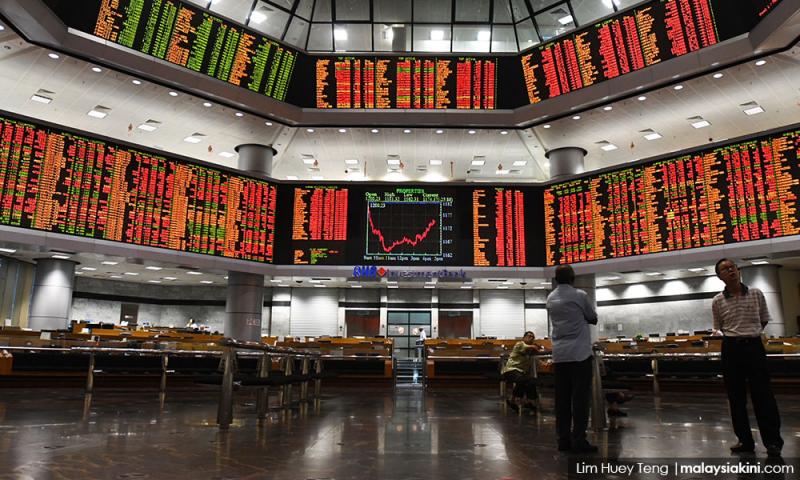LETTER | Malaysia needs to further liberalise its capital markets
LETTER | We opine it is a perfect time for Malaysia’s capital markets to continue its efforts to liberalise, and embed higher levels of inclusivity along the way. This is our view, which we feel will directly strengthen the government’s current efforts to help the economy recover.
Having scrutinised the Securities Commission’s (SC) 2019 Annual Report, we note the Malaysian ever-growing capital market’s strength and stability in supporting the country’s economic activities. What is significant is the grown size of Malaysia’s capital market, placed at MR3.2 trillion in the form of both debt securities and equity and the total issuances of bonds and equity in 2019, which came to a total of RM139.4 billion for the year.
With this in mind, we strongly recommend that the country’s small and medium-sized enterprises (SMEs) explore the opportunities available to them through the capital markets as an alternative source to fund their recovery efforts in this current pandemic. Coupled with the options available in the financial markets, which is currently witnessing record lows in terms of Overnight Policy Rates (OPR), SMEs now have more choices as they look at preparing for the anticipated surge in demand after the crisis brought about by the Covid-19 virus blows over.
It is imperative that the SME sector, which is projected to contribute some 41 percent of the country’s GDP, secures its abilities as a going concern. This is the main reason that the government launched the Prihatin Economic Stimulus Package specifically for SMEs worth some RM100 billion, in order to galvanise the sector and help in the nation’s recovery post the current pandemic slowdown.
The SC’s report goes on to note the growth and dynamism witnessed in its alternative fundraising channels, such as in its Equity Crowdfunding (ECF) dan Peer-to-Peer (P2P) initiatives. The funds raised through these two channels more than doubled year-on-year, from RM195.9 million in 2018 to RM443.8 million in 2019, bringing its total size to RM706 million in financing to 1,943 SMEs nationwide, to date.
The success of these two platforms not only provides a viable alternative for funds to SMEs but goes a long way to demonstrate the inclusive nature of Malaysia’s capital markets. It is therefore imperative that it be further strengthened, and enable it to play an even bigger and more effective role in supporting Malaysia’s economic recovery through the country’s SMEs.
To further empower the nation’s capital markets, we strongly recommend more proactive steps be taken to increasingly liberalise Malaysia’s capital markets, and help increase the retail investor’s participation, which at this time stands at a modest 20%.
We see the government as the enabler to facilitate the retail investor’s increased participation not just in equities but in the larger bond markets as well, in particular the Malaysian Government Securities (MGS), which is still dominated by institutional investors despite an existing platform for the former’s involvement. The key hurdle cited at this juncture is the minimum subscription value required of each investor.
There is a need, therefore, for a solution to be found by all stakeholders – namely the investors, banks and issuers - to create a more conducive ecosystem for the retail investors’ increased participation in the bond markets.
We highly recommend studies be conducted to allow for such a solution through investment structures such as that created by Permodalan Nasional Berhad (PNB). PNB’s success in encouraging retail investment in the equity markets can be referred to as a valuable reference, as we seek to liberalise the bond markets.
The writer is vice-chairperson PAS Central’s Economic, Real Estate and Entrepreneur Development Committee.
The views expressed here are those of the author/contributor and do not necessarily represent the views of Malaysiakini.
RM12.50 / month
- Unlimited access to award-winning journalism
- Comment and share your opinions on all our articles
- Gift interesting stories to your friends
- Tax deductable
